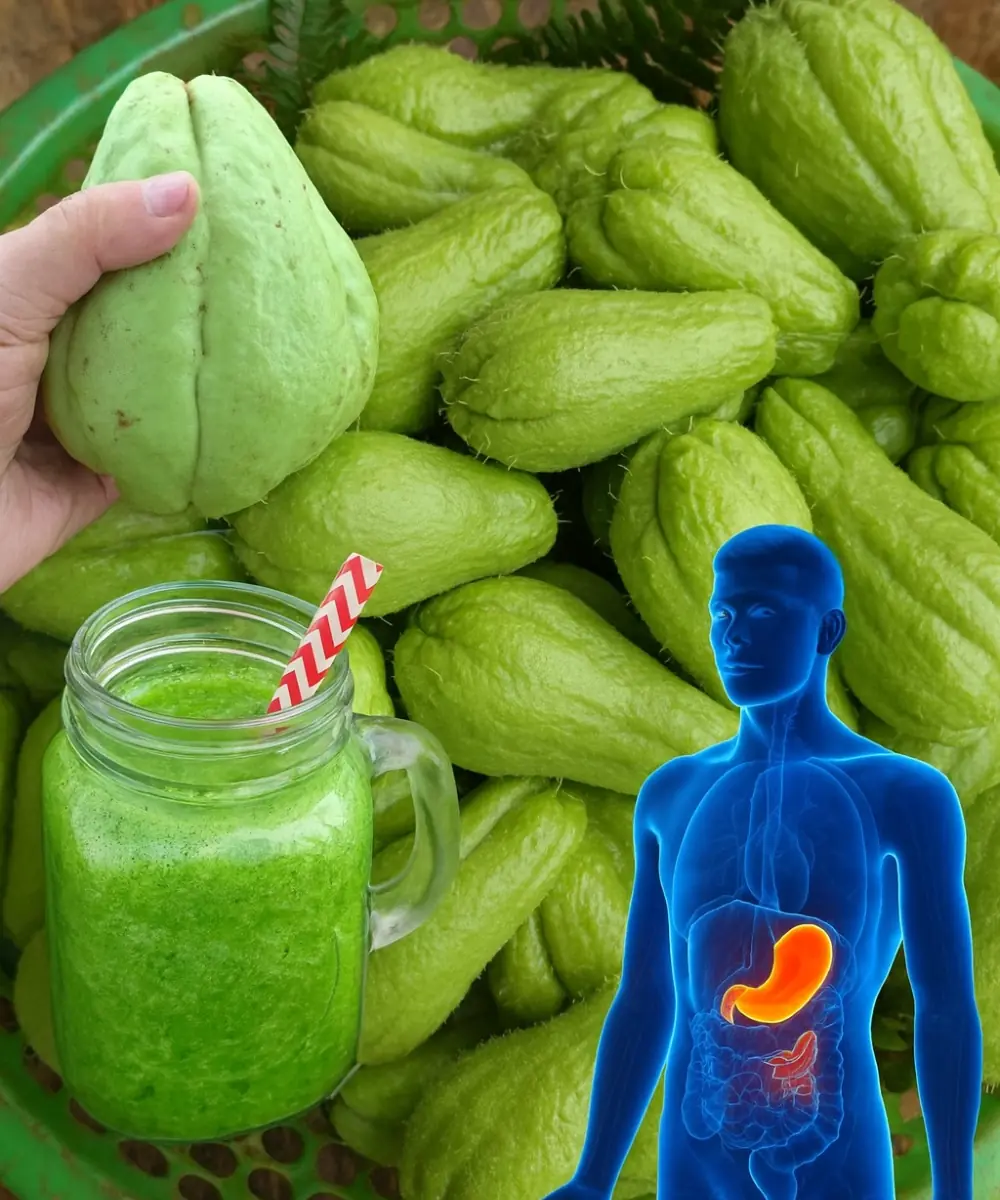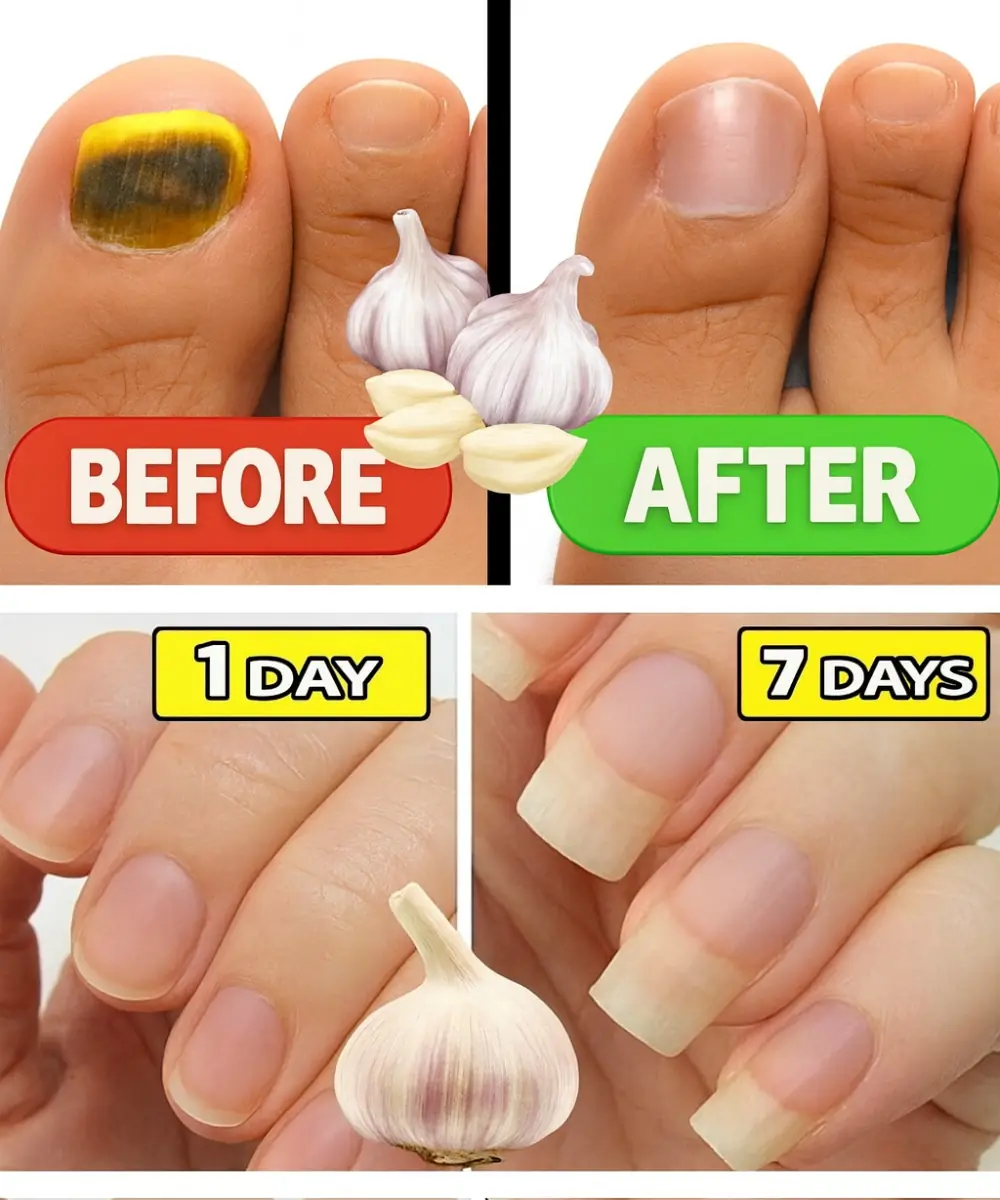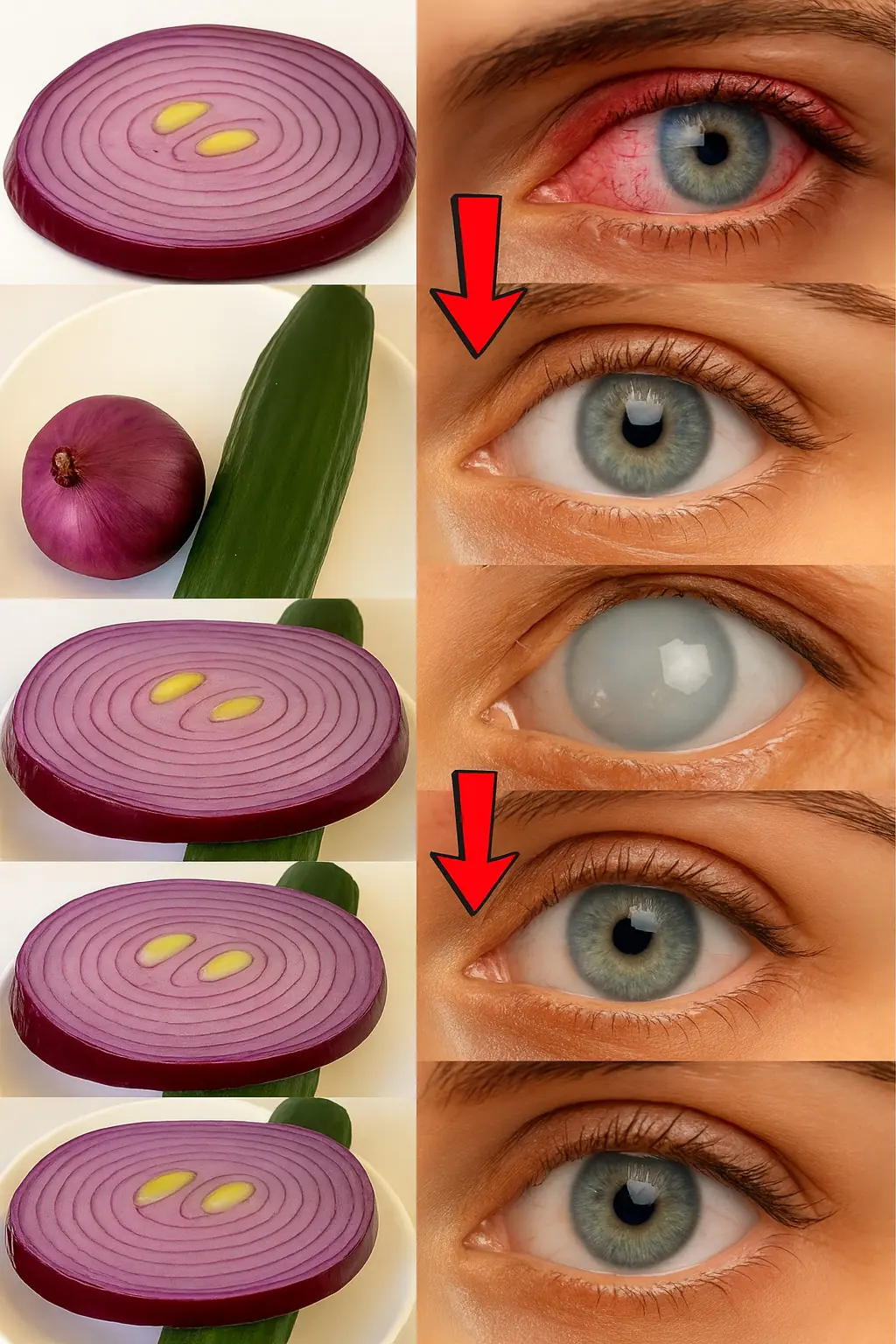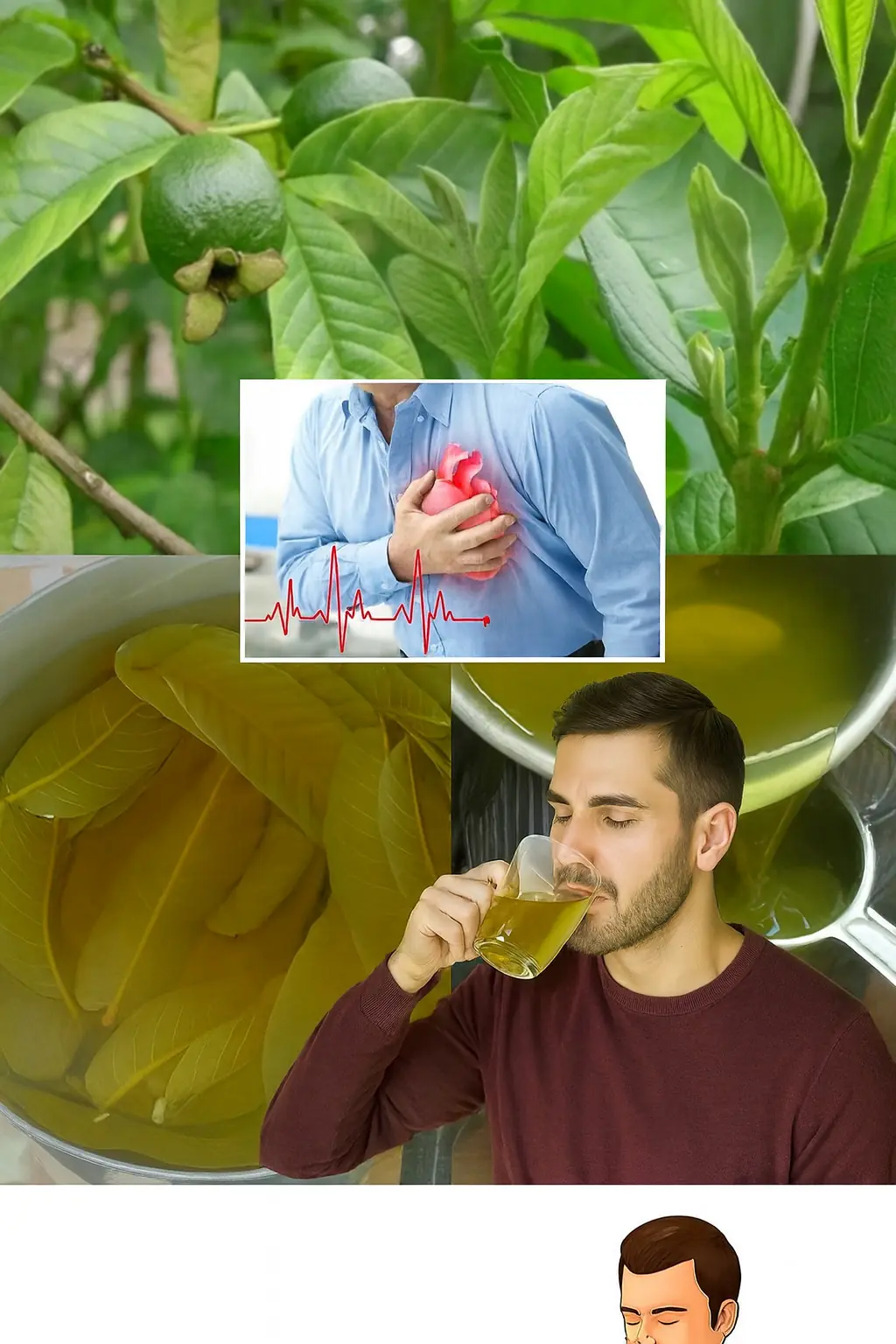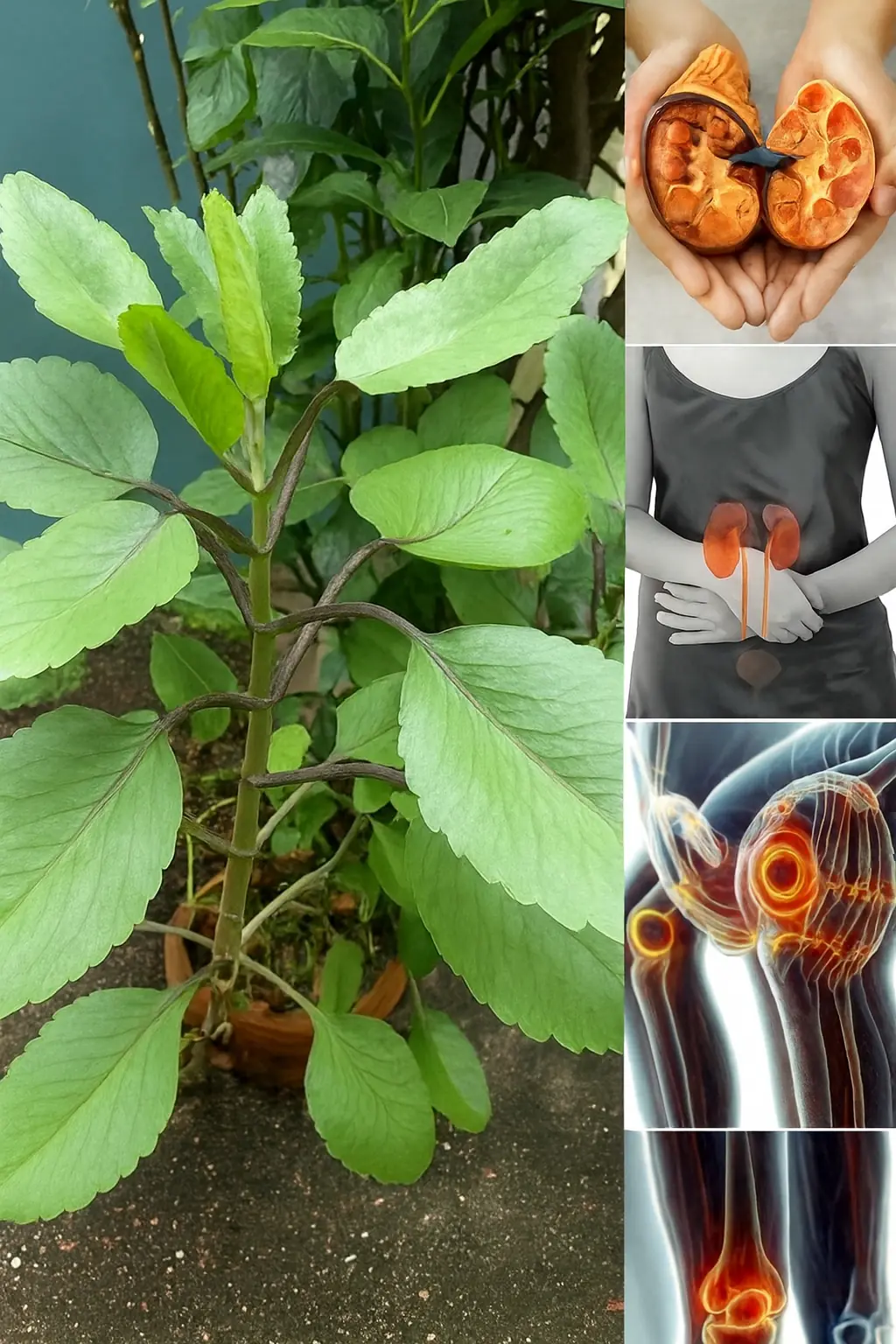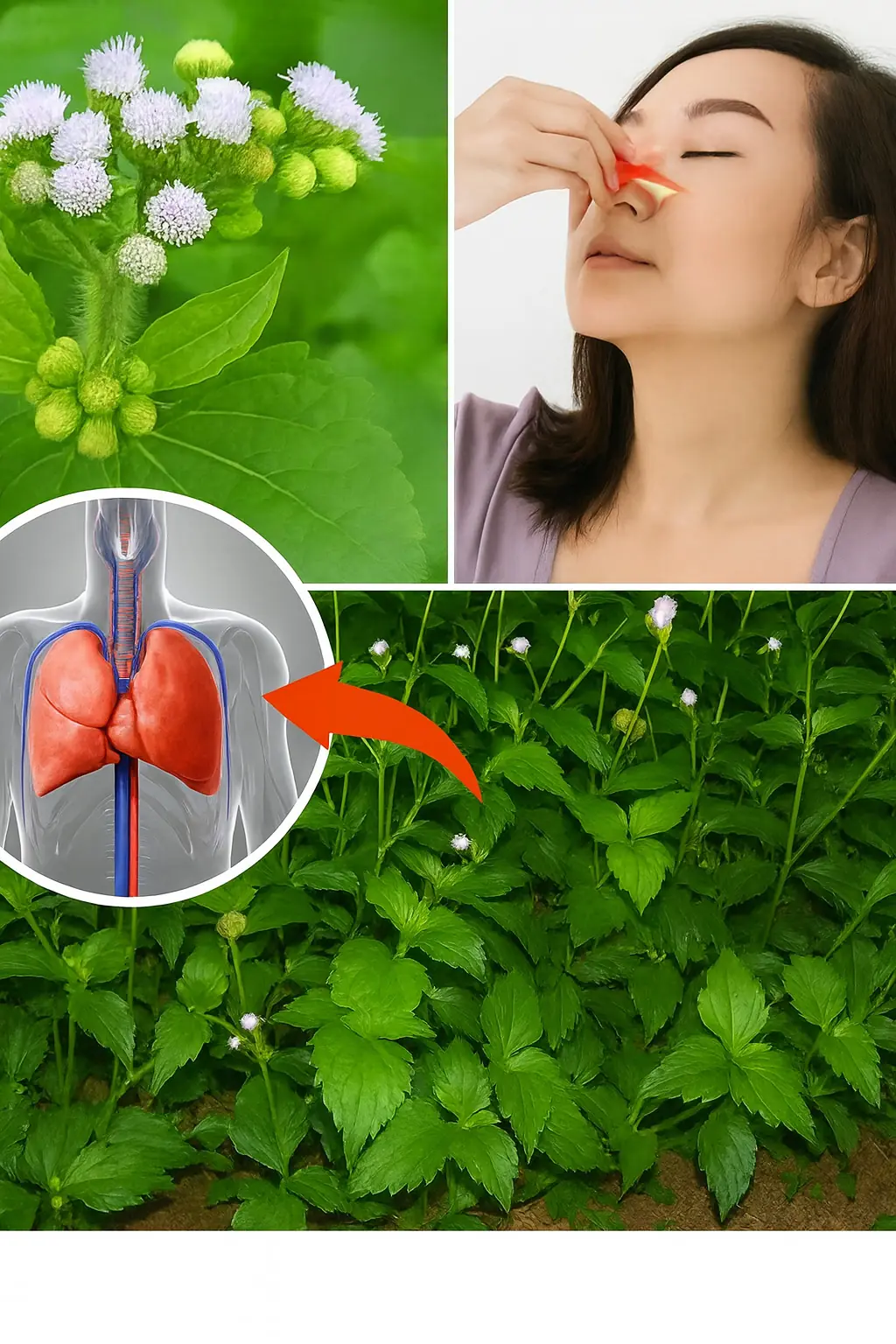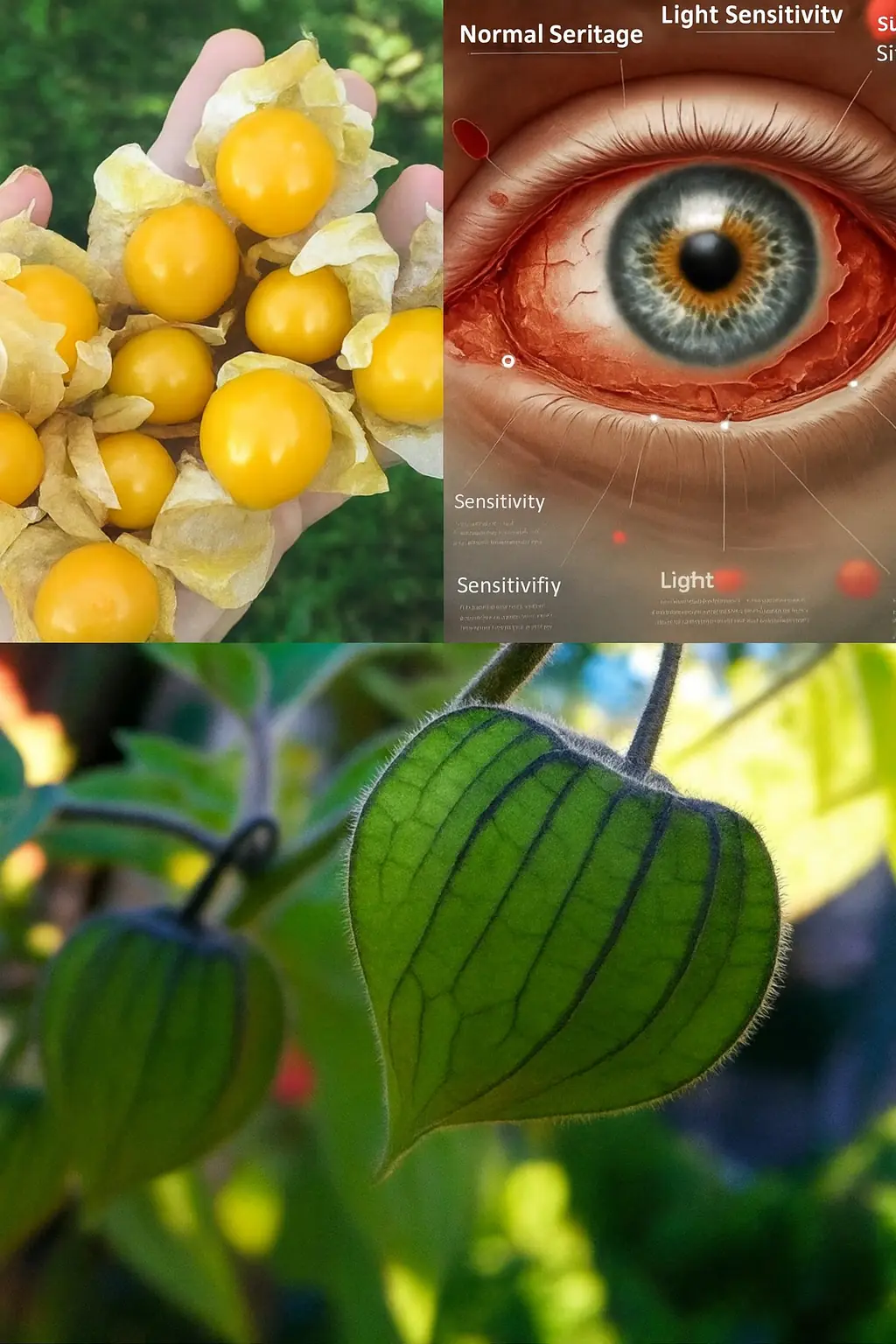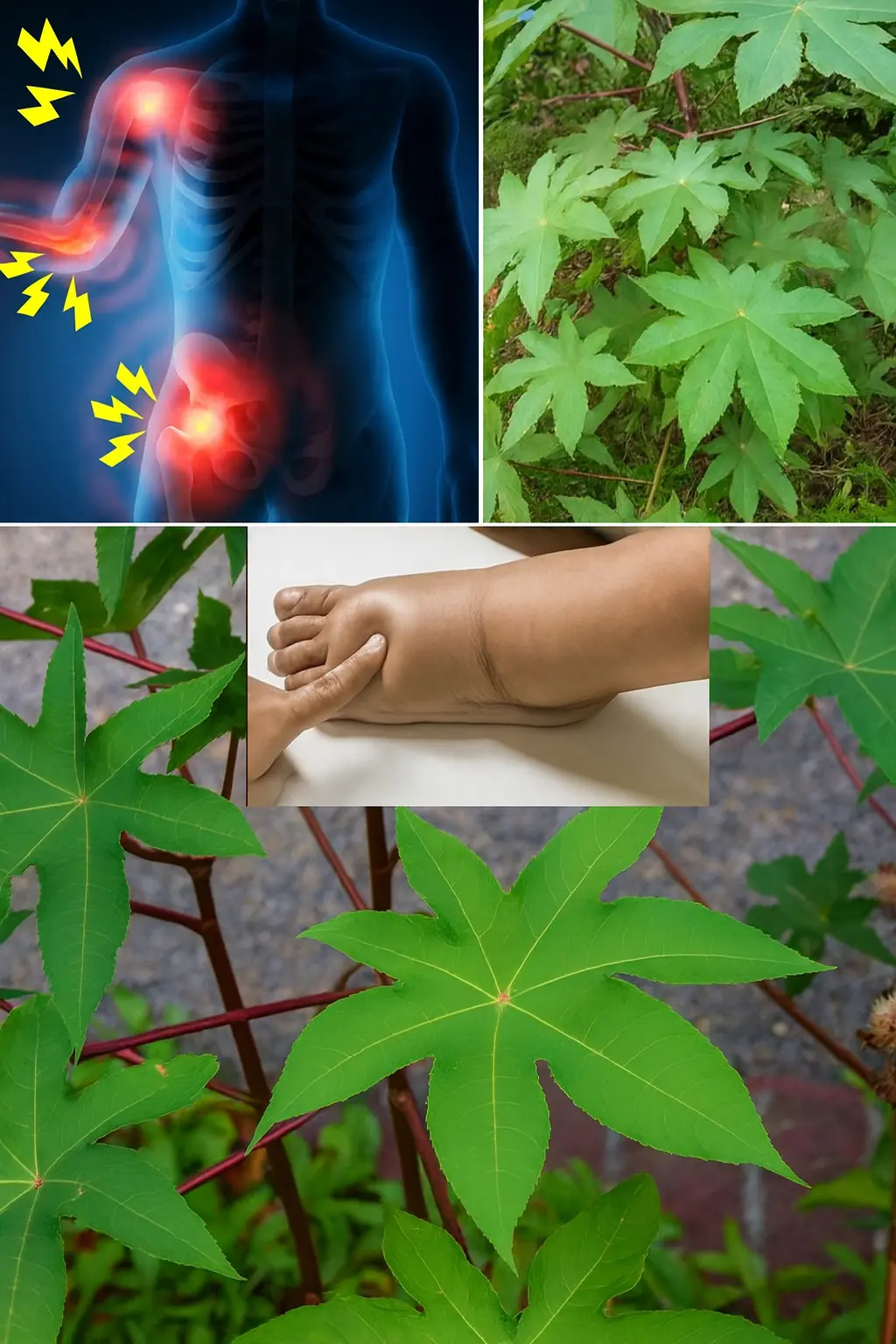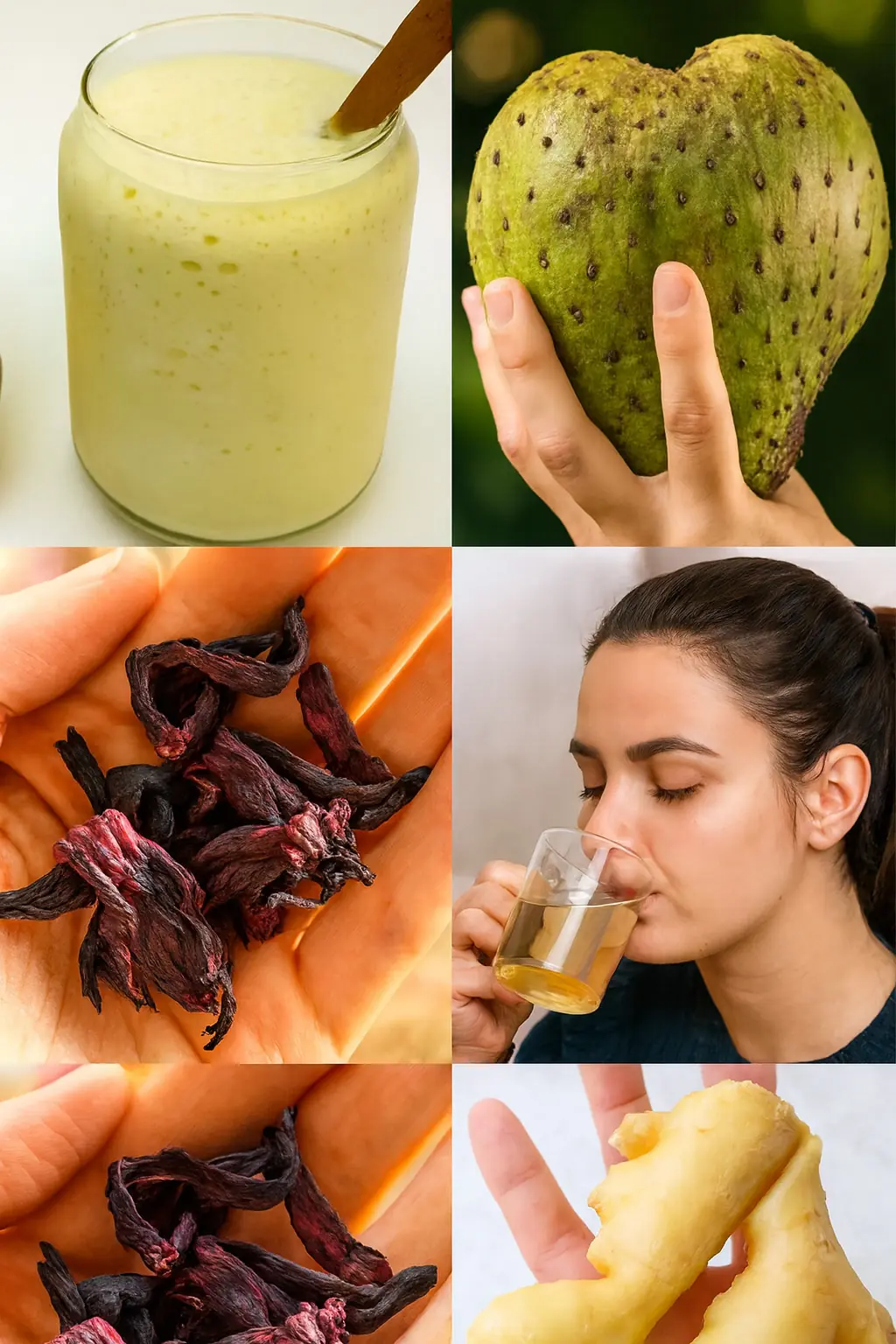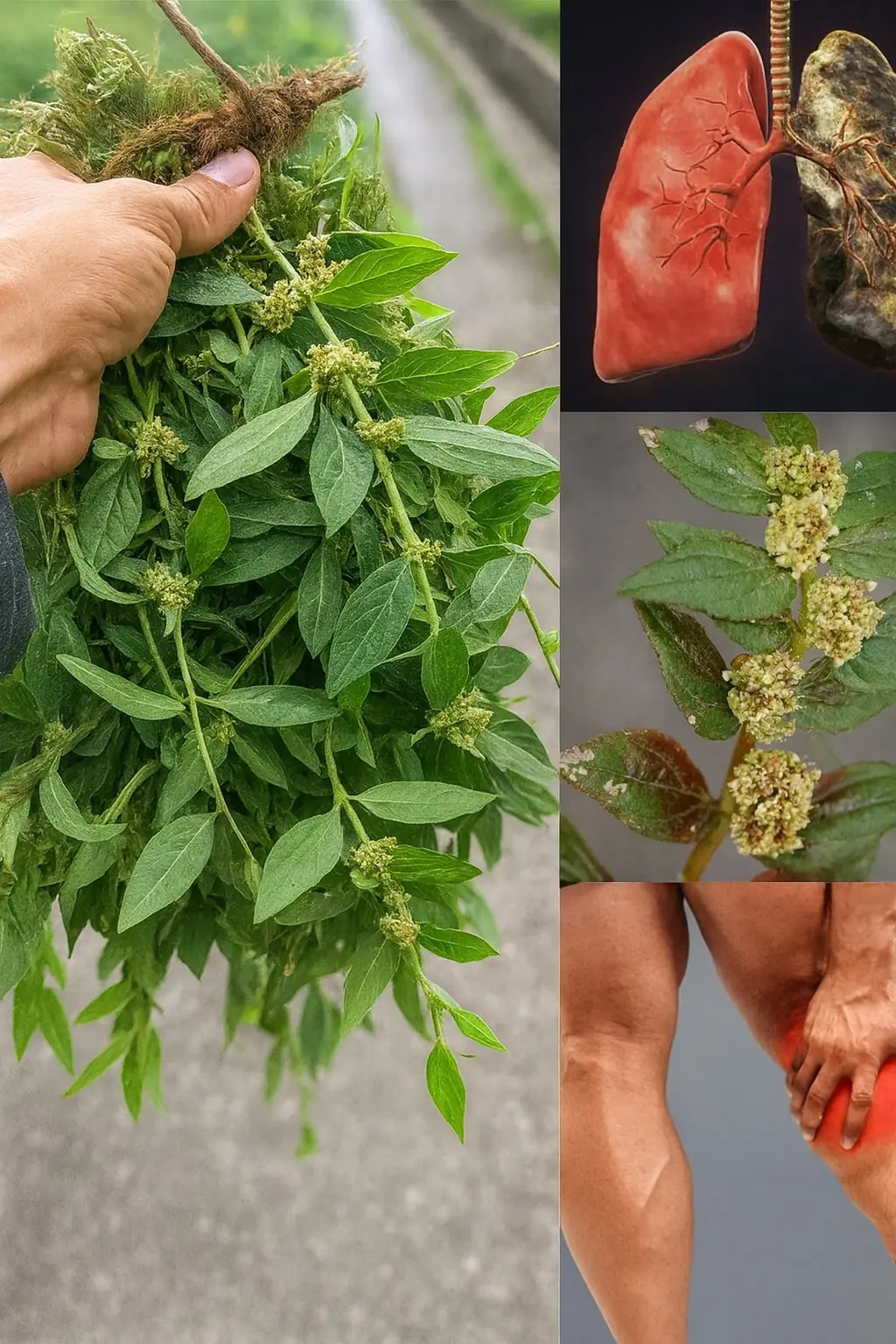
Have you ever sipped a tea that could quietly support your body in ways you didn’t expect? Imagine brewing a simple drink from guava leaves, those often-overlooked greens in your backyard or local market, that might help with everything from digestion to blood sugar. Guava leaf tea, a traditional remedy used across cultures, is packed with potential benefits that could make it your new daily ritual. This isn’t about curing diseases—it’s about gentle, natural support for your wellness.
Health challenges pile up as we age, especially past 50. Maybe you’re dealing with sluggish digestion, occasional high blood sugar, or even nagging skin issues. These problems are common, affecting millions of seniors who want to stay vibrant without relying on endless medications. Research shows that aging can slow digestion, weaken immunity, and increase inflammation, making everyday discomforts feel like a bigger deal. Guava leaf tea might offer a natural way to ease these issues, but it’s often under-recognized.
Ignoring these challenges can make life less enjoyable. Poor digestion can lead to bloating or fatigue, while unstable blood sugar might zap your energy. Skin irritations or weak immunity can also take a toll, especially for older adults with sensitive systems. Many turn to quick fixes, but these can come with side effects or high costs. You’re not alone if you’ve ever wished for a simple, affordable way to support your health without complicated routines.
What if guava leaf tea could help with nine common health concerns? In three steps, we’ll explore nine ways this tea might support your body, plus a simple recipe to make it at home. We’re counting down to the most surprising benefit—one that could change how you view this humble leaf. First, let’s dive into the health perks. Stick with us, because there’s a little-known fact about guava leaves that even wellness fans often miss.
Guava leaves are rich in antioxidants like quercetin, flavonoids, and tannins, which research suggests may help fight inflammation and protect cells. Used for centuries in places like Latin America and Asia, guava leaf tea is valued for its antimicrobial and anti-inflammatory properties. Here are nine health concerns it may support: 1) Digestive issues: Its tannins may ease diarrhea and bloating by calming the gut. 2) Blood sugar: Studies suggest it may improve insulin sensitivity, helping stabilize glucose levels. 3) Heart health: Antioxidants may lower cholesterol and blood pressure. 4) Immunity: Its antimicrobial properties may help fight minor infections. 5) Skin health: Anti-inflammatory compounds may reduce acne or irritation. 6) Oral health: Its antibacterial effects may freshen breath and support gums. 7) Weight management: Some research indicates it may boost metabolism. 8) Respiratory health: It may soothe coughs by clearing mucus. 9) Stress relief: Its calming compounds may ease mild anxiety. These aren’t cures—always consult a healthcare professional—but they show guava leaf tea’s potential.
Here’s the first mini-hook: did you know guava leaf tea might help your skin glow? Some studies suggest its antioxidants can reduce inflammation, potentially easing acne or redness. This doesn’t mean it’s a skincare miracle—check with your doctor first—but it’s a clue this tea does more than soothe your stomach. Let’s move on to making it.
We’re two steps away from the most surprising benefit. The next piece is a simple recipe to brew guava leaf tea at home. You don’t need to be a herbalist or spend a fortune—just a few leaves and a pot. Picture sipping a warm cup, feeling your body relax and recharge. What’s the biggest reason to try this tea? We’re almost there.
Here’s how to make guava leaf tea safely: Grab 8–10 fresh guava leaves (or 1–2 teaspoons dried) from a trusted source, like health food stores or online for under $5. Rinse fresh leaves thoroughly to remove dirt. Boil 2 cups of water, add the leaves, and simmer for 10–15 minutes until the water turns golden-green. Strain into a cup, let it cool slightly, and sip slowly. Start with one cup, 2–3 times a week, to avoid stomach upset. Always consult a healthcare professional before adding it to your routine, especially if you’re on medications for diabetes or blood pressure, as guava leaves may affect glucose or clotting.
Here’s the second mini-hook: this tea might do more than help digestion—it could give your energy a lift. Some users report feeling less sluggish, possibly due to better nutrient absorption from a calmer gut. But overdoing it can cause nausea, so stick to moderation. The big reveal is coming, and it’s the one benefit that makes this tea a game-changer.
The countdown is at one, and here’s the most surprising benefit: guava leaf tea might support your brain health by reducing oxidative stress. Research suggests its antioxidants, like quercetin, may protect brain cells from damage, potentially improving focus and memory in seniors. This doesn’t mean it’ll prevent cognitive decline—nothing guarantees that—but it might give your brain a gentle boost. Imagine sipping this tea daily, knowing you’re nurturing your mind and body.
To make guava leaf tea work for you, keep it safe and simple. Use high-quality leaves, store them in a cool, dry place, and avoid daily use to prevent side effects like stomach irritation. Pair it with a balanced diet for best results. If you’re new to herbal teas, start with a weaker brew by steeping less time. Always check with your doctor, especially if you have conditions like diabetes or take medications, as guava leaves can interact with drugs. This affordable remedy—pennies per cup—fits easily into any budget.
Guava leaf tea isn’t a substitute for medical care or a healthy lifestyle, but it’s a gentle, natural way to support your body. Think of it as a daily ritual, like a warm hug for your health. Over time, you might notice smoother digestion, steadier energy, or even clearer skin, but always keep your healthcare provider in the loop.
Here’s your challenge: brew a cup of guava leaf tea this week. Start small, sip slowly, and see how you feel. Share the experience with a friend—did it ease your digestion or lift your mood? Small, safe steps like this can add up, and you deserve to feel vibrant and healthy. Take that first sip and discover what guava leaf tea can do for you.
This article is informational only and does not replace professional medical advice — recommend readers consult a qualified healthcare provider for personalized guidance.





